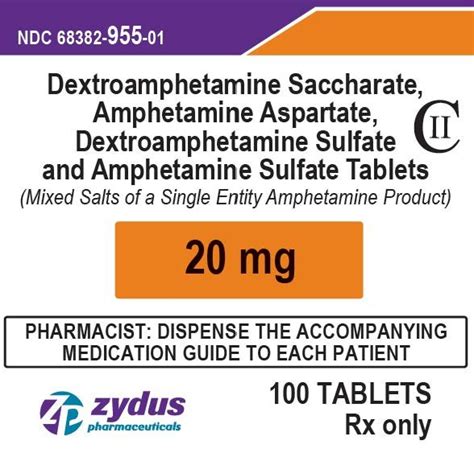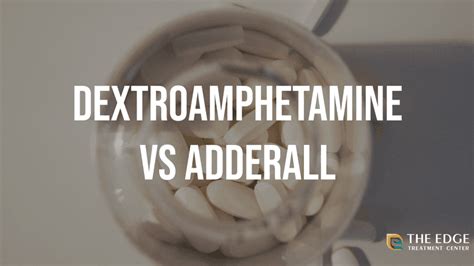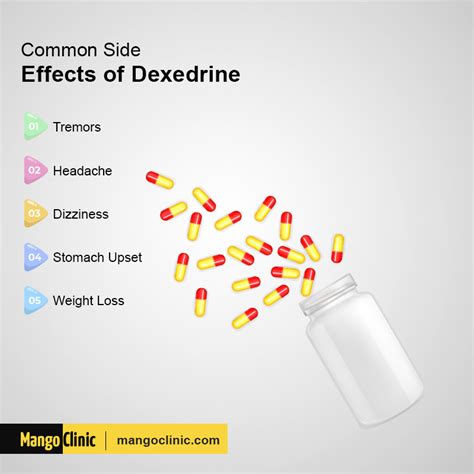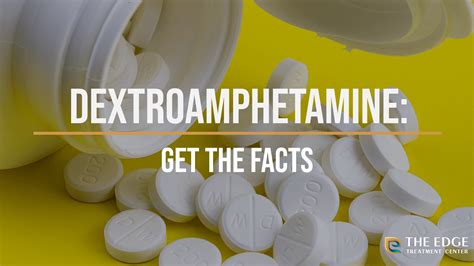Intro
Discover Amphetamine and Dextroamphetamine uses, treating ADHD, narcolepsy, and obesity. Learn about dosage, side effects, and interactions, and explore benefits of these central nervous system stimulants.
Amphetamine and dextroamphetamine are central nervous system stimulants that have been widely used to treat various medical conditions, including attention deficit hyperactivity disorder (ADHD) and narcolepsy. These medications work by increasing the levels of certain neurotransmitters in the brain, such as dopamine and norepinephrine, which help to improve focus, attention, and alertness. In this article, we will delve into the uses of amphetamine and dextroamphetamine, their benefits, and potential side effects.
The use of amphetamine and dextroamphetamine has been a topic of interest for many years, with numerous studies highlighting their effectiveness in managing ADHD symptoms. These medications have been shown to improve attention span, reduce impulsivity and hyperactivity, and enhance overall cognitive function. Additionally, they have been used to treat narcolepsy, a neurological disorder characterized by excessive daytime sleepiness, by helping to increase alertness and wakefulness.
Amphetamine and dextroamphetamine have also been used off-label to treat other conditions, such as depression, anxiety, and obesity. However, it is essential to note that these uses are not FDA-approved, and patients should only use these medications under the guidance of a qualified healthcare professional. The potential benefits of using amphetamine and dextroamphetamine for these conditions include improved mood, reduced anxiety, and increased weight loss.
Benefits of Amphetamine and Dextroamphetamine

Working Mechanism
Amphetamine and dextroamphetamine work by increasing the levels of certain neurotransmitters in the brain, such as dopamine and norepinephrine. These neurotransmitters play a crucial role in regulating attention, motivation, and reward processing. By increasing their levels, amphetamine and dextroamphetamine help to improve focus, attention, and alertness. They also help to reduce impulsivity and hyperactivity by increasing the levels of certain neurotransmitters that regulate these behaviors.Uses of Amphetamine and Dextroamphetamine

- Improving attention span and reducing impulsivity and hyperactivity in individuals with ADHD
- Increasing alertness and wakefulness in individuals with narcolepsy
- Enhancing cognitive function and improving overall quality of life
- Reducing symptoms of depression and anxiety
- Aiding in weight loss and improving overall physical health
Steps to Take Amphetamine and Dextroamphetamine
To take amphetamine and dextroamphetamine safely and effectively, individuals should follow these steps:- Consult with a qualified healthcare professional to determine the best course of treatment.
- Take the medication as directed, usually in the morning or early afternoon.
- Start with a low dose and gradually increase as needed and under medical supervision.
- Monitor for potential side effects, such as anxiety, insomnia, and increased heart rate.
- Regularly follow up with a healthcare professional to assess the effectiveness of the medication and adjust the dose as needed.
Potential Side Effects

- Anxiety and insomnia
- Increased heart rate and blood pressure
- Dry mouth and decreased appetite
- Headaches and dizziness
- Nausea and vomiting
Less common but more serious side effects can include:
- Cardiovascular problems, such as heart palpitations and arrhythmias
- Psychiatric problems, such as hallucinations and aggressive behavior
- Seizures and convulsions
- Allergic reactions, such as hives and itching
Practical Examples
To illustrate the effectiveness of amphetamine and dextroamphetamine, consider the following examples:- A 10-year-old boy with ADHD who takes amphetamine and dextroamphetamine as part of his treatment plan. He shows significant improvement in his attention span and ability to focus in school, resulting in better academic performance and increased confidence.
- A 35-year-old woman with narcolepsy who takes amphetamine and dextroamphetamine to manage her excessive daytime sleepiness. She reports improved alertness and wakefulness, allowing her to lead a more normal and active life.
Statistical Data

- Approximately 70-80% of individuals with ADHD respond positively to amphetamine and dextroamphetamine treatment.
- Amphetamine and dextroamphetamine can improve attention span and reduce impulsivity and hyperactivity in individuals with ADHD by up to 50%.
- Narcolepsy symptoms can be managed effectively with amphetamine and dextroamphetamine, resulting in improved quality of life and increased productivity.
Conclusion and Next Steps
In conclusion, amphetamine and dextroamphetamine are effective medications for managing ADHD and narcolepsy symptoms. While they can cause potential side effects, the benefits of using these medications far outweigh the risks. To get the most out of amphetamine and dextroamphetamine treatment, individuals should work closely with their healthcare provider to determine the best course of treatment and monitor for potential side effects.We invite you to share your thoughts and experiences with amphetamine and dextroamphetamine treatment. Have you or a loved one used these medications to manage ADHD or narcolepsy symptoms? What benefits or side effects have you experienced? Share your story in the comments below, and let's work together to raise awareness about the importance of proper treatment and management of these conditions.
What are the most common uses of amphetamine and dextroamphetamine?
+Amphetamine and dextroamphetamine are commonly used to treat attention deficit hyperactivity disorder (ADHD) and narcolepsy.
What are the potential side effects of amphetamine and dextroamphetamine?
+Common side effects include anxiety, insomnia, increased heart rate, and dry mouth. Less common but more serious side effects can include cardiovascular problems, psychiatric problems, seizures, and allergic reactions.
How do amphetamine and dextroamphetamine work?
+Amphetamine and dextroamphetamine work by increasing the levels of certain neurotransmitters in the brain, such as dopamine and norepinephrine, which help to improve focus, attention, and alertness.
